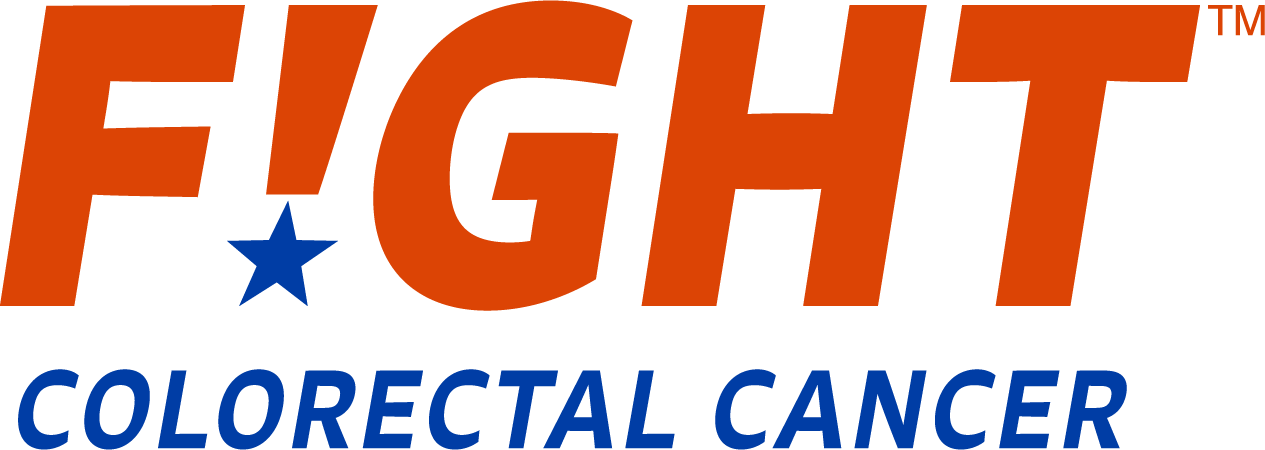
Fight CRC ‘Rally on Research’ Explores Rising Rates of Early-Age Onset Colorectal Cancer

The upcoming symposium will give members of the colorectal cancer community a chance to spread awareness and discuss prevention and treatment strategies for the disease in younger age groups.
The incidence of early-age onset colorectal cancer (CRC) has been on the rise since the mid 1980s in adults ages 20-39, with younger age groups experiencing the steepest increase,
“There are 12- and 14-year-olds getting colorectal cancer, it makes no sense,” said Dr. Angela Nicholas, chief medical officer of Einstein Medical Center, in an interview with CURE®. “We don't know why. There's something happening in our environment, foods, and we don't know what it is that's causing this to happen. But I think we need a lot more research to be able to figure out what's going on what's happening next.”
Nicholas is the board chair of Fight Colorectal Cancer, a patient-empowerment advocacy organization that spreads awareness and information on colorectal cancer. She will speak as part of the Treatment and Care Delivery panel at the upcoming symposium,
Treatment of CRC
“Our goal is to present the current strategies around the treatment of colon cancer and innovations in the treatment of colon cancer, especially in those that have early onset colorectal cancer,” said Nicholas. “Treatment is different in different countries. And I don't know that we feel that we have the data to prove that one treatment is better than others. But it's always interesting, in my opinion, to hear from different countries about their approaches and what they're doing.”
Researchers in the field are investigating better options for treatment of colorectal cancer. There is continuous research around the KRAS mutation, a common gene mutation found in patients with colorectal cancer, said Nicholas. Immunotherapy options are another ongoing research area of exploration.
“But the challenge is, what is the best treatment option?” said Nicholas. “And then how do we do that with the least amount of morbidity associated with those treatments. Chemotherapy is still a pretty tough treatment for patients. Some patients can't finish the chemotherapy regimen that has been prescribed them, some patients feel horrible and can't do it because they can't tolerate the way that they feel anymore. So it's a problem… I would love to get to a point where we can figure out how to make those cold tumors hot, and then we can use immunotherapies or other next generation treatments to be able to take care of colon cancer. That would be the goal.”
Preventive Strategies
Detecting colorectal cancer early on through screening, may help many of those who will go on to be diagnosed with the disease.
“I don't think people realize that colonoscopy is one of the few screening tests that can actually prevent the cancer,” said Heather Hampel, a genetic counselor and professor in the Department of Internal Medicine at The Ohio State University in an interview with CURE®. “Many screening tests just hope to catch a cancer while it's small, when it's got a better treatment outcome. But if you do your colonoscopies early enough and frequently enough, we should be able to remove precancerous polyps before they ever become a cancer and prevent it. And I'm not sure that everyone is aware of the power of a colonoscopy.”
Hampel, who will participate in the Rally on Research EAO (early-age onset) CRC Clinician panel, stressed the importance of knowing a patient’s family history to further understand their risk and make appropriate screening recommendations.
“I think the big thing that people aren't aware of is that people born after 1960 are twice as likely to get colon cancer and four times as likely to get rectal cancer than people born before 1960,” said Hampel. “…something clearly has changed since 1960 that has made us much more likely to get early onset colorectal cancer, and we don't know what it is. And until we know what it is, there are a few ways that you can try and prevent getting early onset colon cancer, and one is getting your family history to your doctor.”
Understanding the Causes
While earlier screening may improve outcomes for many patients, it is still unclear what may be the direct cause of the increasing incidence of early-age onset colorectal cancer.
“I think big epidemiology studies may help identify the underlying causes,” said Hampel. “There's lots of theories out there, no one knows what the right one is yet... I think the earlier screening will help undoubtedly, but we can't start at 20. It's just not cost effective. Most people at 20 do not have a colon cancer. And so we're not going to do an invasive screening test that's expensive for them. I think that working together internationally on large epidemiologic studies to try and get to what is causing this increase, so that we can then fix that, is the biggest key.”
The
For more news on cancer updates, research and education, don’t forget to




